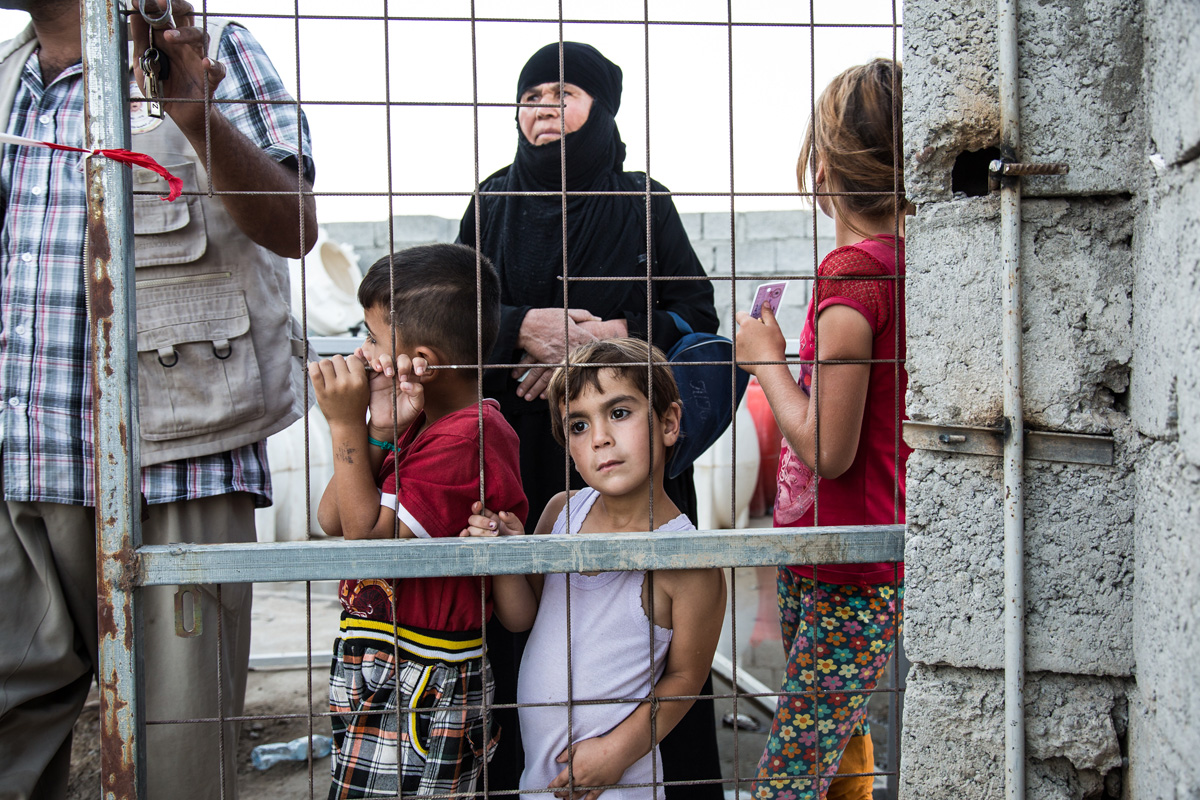-
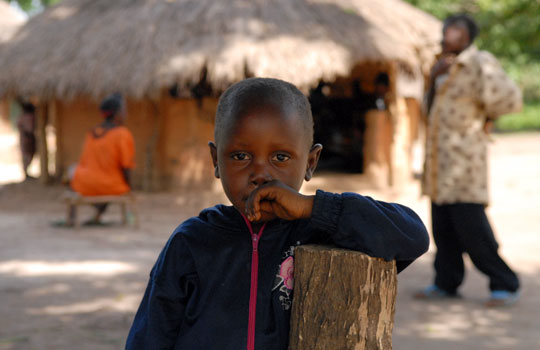
Online Galleries Focusing on Regions at Risk Demonstrate the Power of Photography
November 9, 2009
With the power to capture the complexities of life in a single image, photography plays two unique, distinct, and tremendously important roles in genocide prevention and response. Photographs provide visual evidence so the world can know and remember; they also allow us to understand. By looking at a photograph, we bear witness to the emotions, relationships, and implications of that single moment. In the words of photographer, Ron Haviv, this "time to contemplate, time to absorb, time to put yourself into that situation" has the potential to influence a human being to not only reflect, but also act.
-
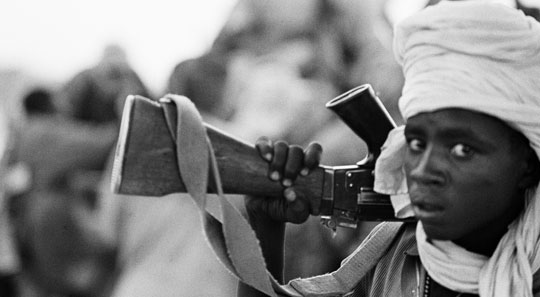
African Union Panel Outlines A Way Forward for Darfur and Sudan
November 5, 2009
After spending more than 40 days in Darfur over the course of six months and engaging in over 2,700 consultations with people across Darfur, the African Union Panel on Darfur has delivered its final report. Chaired by former South African President Thabo Mbeki, the Panel described Darfur as a "Sudanese crisis" and stated:
-
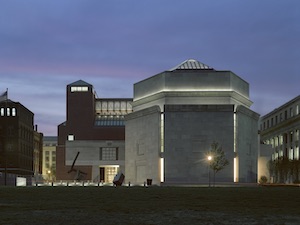
Do Actions Speak Louder Than Words? When It Comes To Punishing Genocide, Both Matter.
October 23, 2009
On this day nine years ago, the Rwanda "Media Trial" opened at the International Criminal Tribunal for Rwanda (ICTR). Three Rwandan journalists stood before the judges, accused of using the media to spread hate speech and directly incite violence during the 1994 genocide. The trial raised important questions about the nature of speech and genocide: Did media directly influence the killing? What speech is protected under the freedom of the press? How can the intent behind words be determined? In a landmark decision, ICTR judges ultimately convicted all three men of direct and public incitement to genocide, one of several punishable acts outlined in the Genocide Convention. Handing down the verdict, the ICTR judges declared to the men, "Without a firearm, machete, or any physical weapon, you caused the deaths of thousands of innocent civilians."
-

US Outlines New Policy Toward Sudan
October 19, 2009
On October 19, the Obama Administration unveiled a new strategy toward Sudan, which aims to end the humanitarian crisis in Darfur, as well as ensure the implementation of the Comprehensive Peace Agreement. The new policy promises to offer incentives if Khartoum makes progress and "increased pressure" if it does not.
-
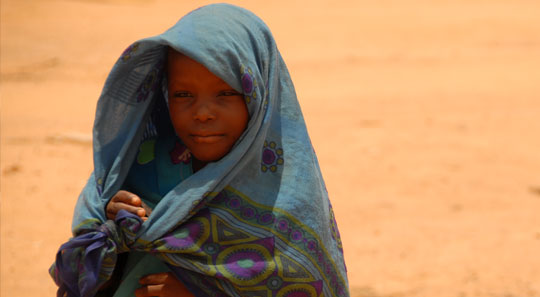
In Darfur, the War Continues
October 8, 2009
With inter-ethnic clashes in South Sudan and the nation as a whole bracing itself for upcoming elections, the western region of Darfur has been reminded that the war is not over. In mid-September, attacks by the Sudan Armed Forces around Korma North Darfur were reported to have killed 16 civilians, wounded dozens more, and destroyed several villages. An estimated 2.7 million people still live in displaced persons camps in Darfur and 200,000 refugees remain in Chad, unable to return home for fear of precisely this kind of violence between the rebel groups and the Sudanese government.
-

A Victory Against Justice in Chechnya
October 7, 2009
Following Natalya Estemirova's murder in Grozny last July, the human rights group Memorial accused Chechen President Ramzan Kadyrov of involvement in her death. Kadyrov subsequently sued Memorial Director Oleg Orlov for libel.
-

Top Rwanda Genocide Suspect Arrested
October 6, 2009
One of the most wanted suspects in the 1994 genocide was arrested in Uganda this week and extradited to Tanzania to face trial at the International Criminal Tribunal for Rwanda (ICTR). The head of intelligence and military operations at Rwanda's elite military training school during the genocide, Idelphonse Nizeyimana was indicted by the ICTR in 2000 and charged with crimes against humanity, as well as complicity in genocide and direct and public incitement to commit genocide. The indictment charged that:
-

Exposing Conflict in the World, One Photograph at a Time
October 1, 2009
On November 20, 2006, the Museum projected wall-sized images of the escalating genocide in Darfur onto its facade, the first time the national memorial's exterior was used to highlight contemporary genocide. A unique and highly symbolic Museum project, the program was called "Darfur: Who Will Survive Today?" Appearing on the Museum's walls that night were images taken in Darfur and neighboring Chad by eight different photographers, including Istanbul-based photojournalist Lynsey Addario.
-
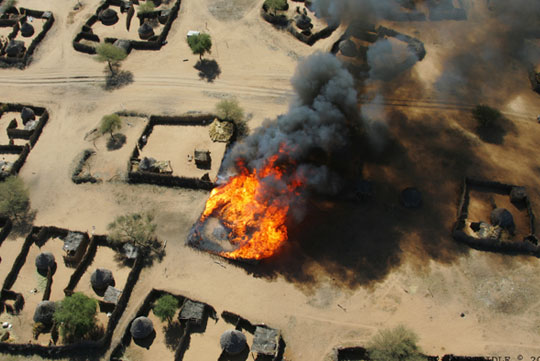
Building the Will to Intervene
October 1, 2009
On September 21, the Will to Intervene Project, developed jointly by General Romeo Dallaire, the commander of the UN peacekeeping force for Rwanda during the 1994 genocide, and the Montreal Institute for Genocide and Human Rights Studies released its final report, "Mobilizing the Will to Intervene: Leadership and Action to Prevent Mass Atrocities" (external link). According to the Montreal Institute's website, the goal of the Will to Intervene Project is:
-
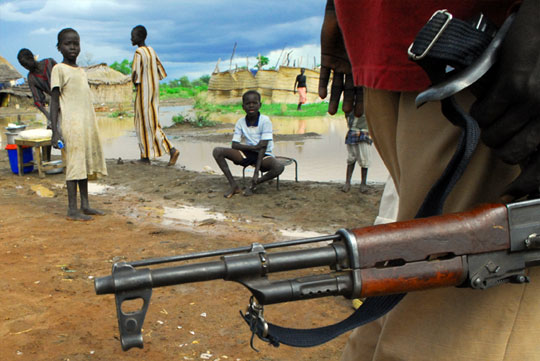
“Total Fear”: The Changing Nature of Violence in South Sudan
September 21, 2009
As international diplomatic attention focuses on Sudan's approaching political deadlines, more incidents of violence have occurred in the South. On August 29, in the latest in a series of devastating clashes, a violent attack in Twic East County, Jonglei State resulted in the deaths of 42 people, many of them women and children, and displaced up to 24,000 people.
